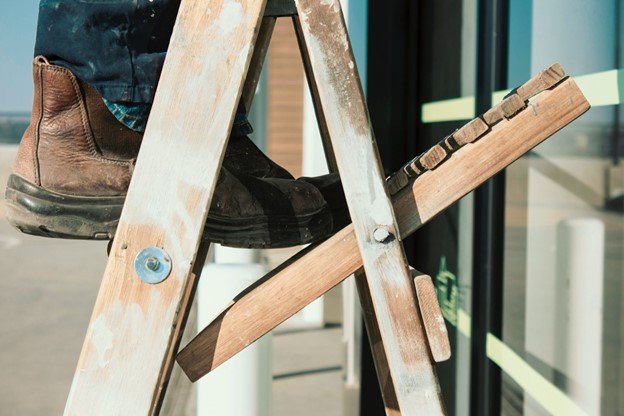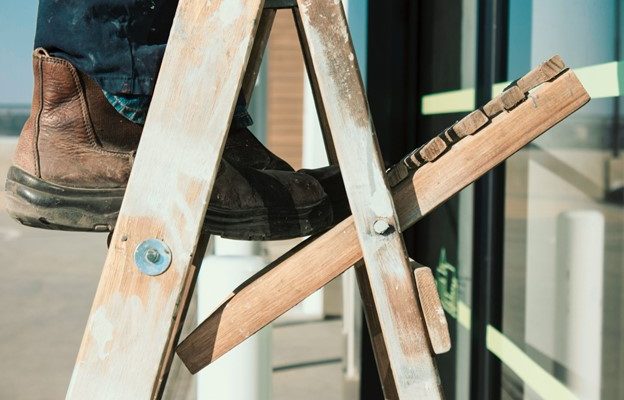You’re busy. Between managing your daily life, work, your family, and your rental properties, there is not a lot of free time in a given month, let alone in a single day.
This is why it is important to set recurring and repeating tasks on a schedule that you don’t have to manage every day.
This can and should include annual roof inspections.
Wherever and however you schedule your annual events, and whoever your roofing company is, you should go ahead and lock these in.
Set it, and forget it.

Photo by Anaya Katlego on Unsplash
Periodic inspections will still be needed
This is not to say that regular annual inspections are the only roof inspections you need. Not at all. You should still schedule emergency roof inspections and spot repairs any time you see anything out of the ordinary, or when your tenants report anything roof-related.
The fact is that big storms can do damage suddenly and without warning or sign. This damage can happen even to spots you can’t see from the ground. These are the sorts of things that will get caught in an annual inspection.
But routine wear and tear from wind, rain, hail, snow, and sun can all chip away at the protection that your roof provides to your home. Chances are that you will not catch this kind of damage until it has created a need for an expensive and invasive repair.
A potential for cost savings
In an inflationary era like the one we are in now, spurred by our rapid economic recovery, locking in routine inspections can be a chance to save money.
Securing a guaranteed price, or even placing a small payment to lock it into the schedule can help protect you from being buffeted by the winds of inflation.
Additionally, many companies place a premium on advance work, wanting to make sure they have a full calendar and can appropriately staff the work that needs to be done. Getting on the schedule early helps them too, as it gives them a source of guaranteed income. They might be willing to offer you not just a hedge against inflation, but a lower rate. This is especially true if you have multiple properties and bring the promise of continued work.




